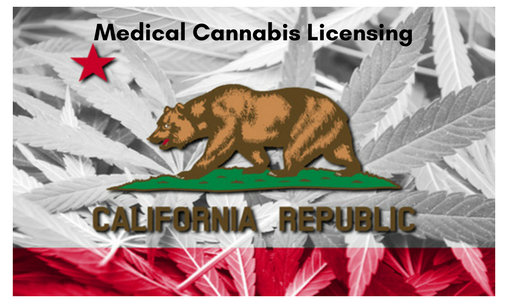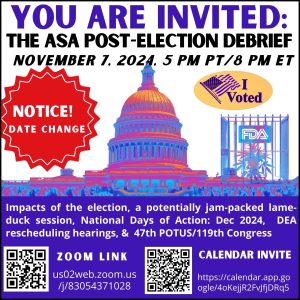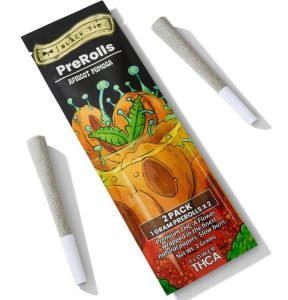Medical Cannabis Licensing for California

Californians celebrated in January of 2016, as the Medical Marijuana Regulation and Safety Act (originally MMRSA then re-named to MCRSA) went into effect. The law, which establishes a mechanism to administer state medical cannabis licensing after local permits are obtained for marijuana cultivating and dispensing, is intended to make legal medical marijuana more accessible for patients.
Unfortunately, although the law was passed in 2015, and portions of the regulations are currently in effect, the state contends medical cannabis licensing applications will not be accepted until 2018 because they are currently in the process of establishing the required agencies, regulations and systems needed to accept state medical cannabis license applications.
Since the state agencies responsible for the enactment of the law are essentially still being developed, it leaves a lot of questions floating around. If you are unsure as to your rights when it comes to medical cannabis licensing, be sure to consult with our knowledgeable legal team in Santa Rosa.
What Can I Expect with the New Medical Cannabis Licensing Law?
First of all, the new medical cannabis licensing regulations do not apply to individual patients with a legal medical cannabis recommendation from a physician. If you are a qualified patient you are legally entitled to possess, cultivate, process, and transport medical cannabis for your own personal use without a state medical cannabis license and/or local permit. In fact, a medical cannabis recommendation entitles a patient to cultivate 100 square feet for your own personal use, if allowed by your local jurisdiction. Cultivators are also allowed to act as a caregiver for other qualified patients (under strict/specific guidelines), and they do not need to be licensed if they are the primary caregiver for five or fewer cannabis patients; then they are allowed up to 100 square feet of cultivation space per patient.
That said, remember that federal law is not so lenient, and cannabis remains a Schedule I drug. If you are caught with medical marijuana on federal land (including National Parks such as Yosemite), it will likely be confiscated and you may be charged under federal statutes.
Even living in federally subsidized housing could make possession of your medicine precarious for you. Local housing authorities are given the leeway to determine their own cannabis policies by the Federal Housing Commission. Be aware that if you are caught with cannabis, there is the potential of losing food stamps and other federal supplements you may enjoy.
Is arrest a possibility? If you are not in compliance with state medical cannabis licensing law and local regulations, the short answer could be yes.
How Can I Avoid Legal Trouble?
There are several things you can do to minimize unpleasant legal encounters due to your medical marijuana use:
- Get and carry a state ID card. While state law does not require this, it can be helpful to have in the event an arrest is imminent.
- Use common sense. Do not smoke in restricted areas, such as in a moving vehicle, near a school or youth center, or on a school bus.
- Keep your own children safe: do not allow play in the cannabis gardens, do not leave edibles in easily accessible areas, and keep other forms of your medicine locked up.
This Seems Complicated for a Legal Medicine
Indeed, times are changing, and in many ways Californians are living in a grey zone as state and federal agencies attempt to figure out how to cohabitate. If you get caught up in a legal conundrum because you failed to understand the legal expectations surrounding medical cannabis, you will want experienced, aggressive representation. Contact the Santa Rosa office of Beck Law for a consultation today.



